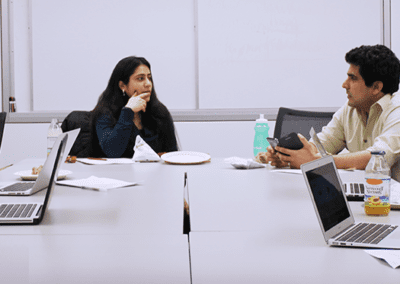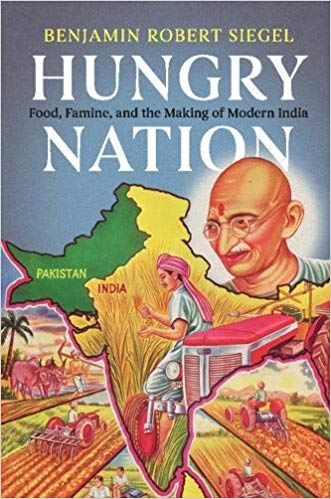TestPage
SubheadingSection Name
Lorem ipsum dolor sit amet, consectetur adipiscing elit. Aliquam justo lectus, ultrices et luctus et, dictum et erat. Suspendisse at tellus sagittis, condimentum metus vel, fermentum libero. Sed pharetra mauris et justo ornare rutrum. Aliquam sodales lorem ut ipsum vehicula faucibus. Proin ornare ullamcorper condimentum. Curabitur at felis faucibus, sodales elit dapibus, fringilla purus. Vivamus eu sagittis est. Nulla a placerat metus. Nulla tincidunt lorem lorem, id sollicitudin arcu malesuada ac. Suspendisse laoreet imperdiet elit eget fermentum. Quisque vitae rhoncus purus. Nulla semper fringilla orci, sit amet bibendum massa fermentum sit amet. Donec aliquam felis eget hendrerit pellentesque. Proin at erat nisl. Proin porta varius odio, quis luctus eros pellentesque finibus.
Title1
j2lfh2fk 2lfh
Title1
j2lfh2fk 2lfh
Title1
j2lfh2fk 2lfh
Nunc feugiat lectus urna, in rutrum risus tempus eget. Cras at ante ut orci pharetra placerat. Nam pulvinar, lacus nec consequat tincidunt, arcu est gravida libero, eget lacinia velit nisi id tortor. Donec cursus felis at enim faucibus feugiat. Nulla nec lacus at lorem consequat gravida. Vestibulum ante ipsum primis in faucibus orci luctus et ultrices posuere cubilia Curae; Maecenas malesuada dui at dolor cursus eleifend. Sed fringilla, urna pretium sodales tempus, augue tortor volutpat urna, quis pretium justo mauris efficitur leo. Pellentesque fermentum dapibus interdum.
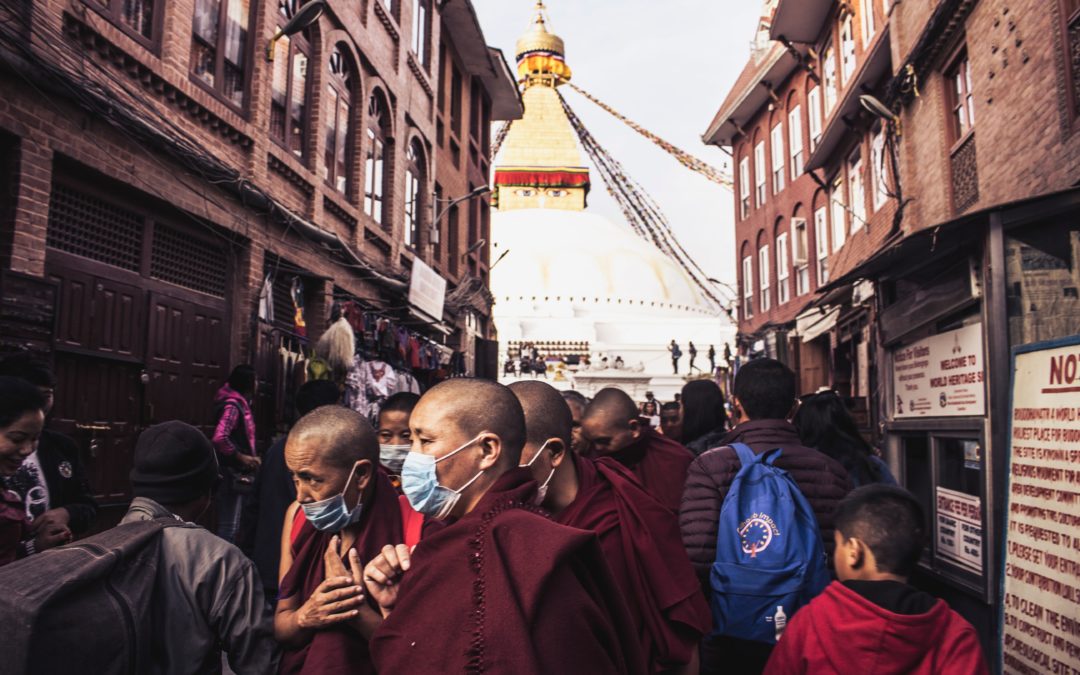
COVID-19: On-the-Ground Perspectives from South Asia
The COVID-19 pandemic has impacted the entire globe, requiring quick action from governments and the populace to stem the flow of transmission. With many in quarantine or lockdown, the pandemic has changed the daily way of life for many around the world. This week, we spoke with members of the Mittal Institute team in India, Nepal, and Pakistan to get a firsthand look into the situation on the ground in South Asia, from recent governmental guidance and regulations to the response of the population and how it will impact society.
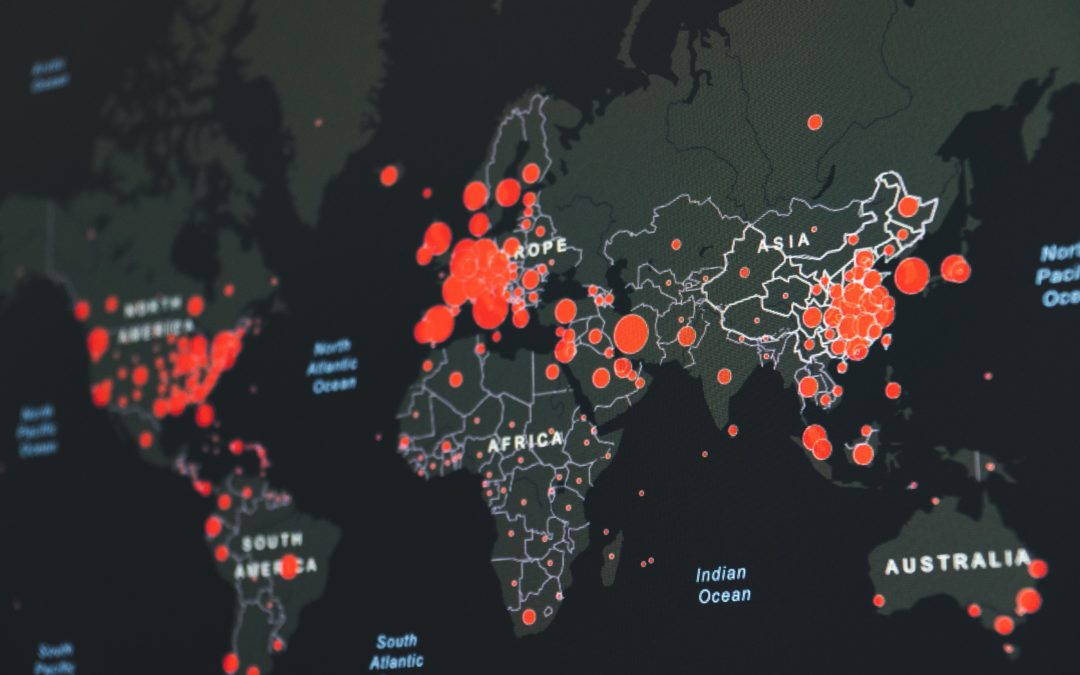
Announcing the COVID-19 Mobility Data Network
Led by Caroline Buckee (Center for Communicable Disease, Harvard T.H. Chan), Satchit Balsari (HMS and HSPH), and Andrew Schroeder (Direct Relief), the COVID-19 Mobility Data Network aims to “provide daily updates to decision-makers at the state and local levels on how well social distancing interventions are working.” The team is made up of a network of infectious disease epidemiologists located at universities around the world.
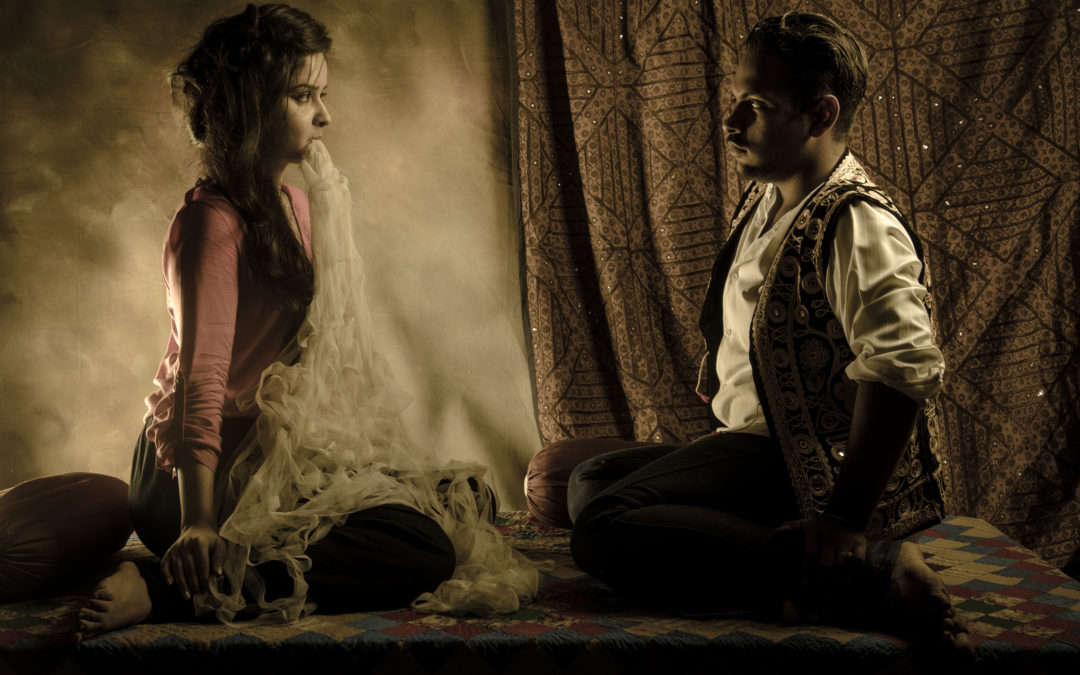
Numair Abbasi: Pop Culture, Anecdotes, and Gender Identity
Numair Abbasi, a mixed media artist from Pakistan, recently joined the Mittal Institute in the latest group of Visiting Artist Fellows. Numair’s practice draws on popular culture, anecdotes, and colloquialisms to stage personal and social narratives in attempts to challenge the politics behind how gender is socially constructed and performed.
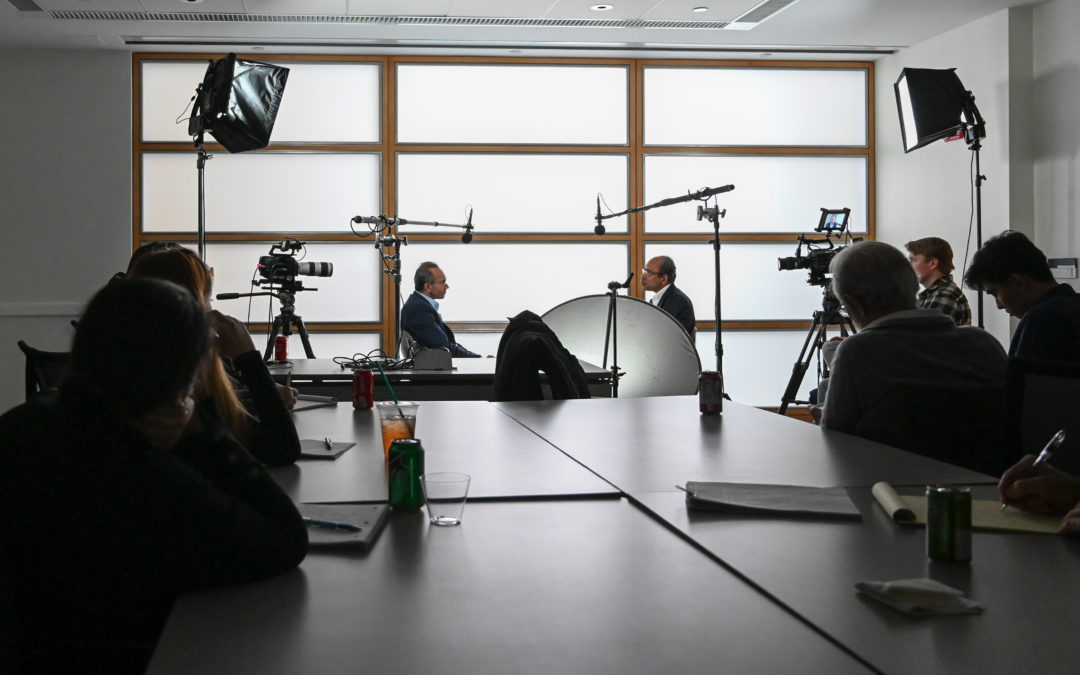
What Does It Take to Grow the World’s Largest NGO?
Last week, Muhammad Musa, Executive Director of BRAC International, visited the Mittal Institute to speak with Tarun Khanna, Director of the Mittal Institute and Jorge Paulo Lemann Professor at Harvard Business School. Together, they uncovered the effort it takes for BRAC to continue expanding on its role as the world’s largest NGO.
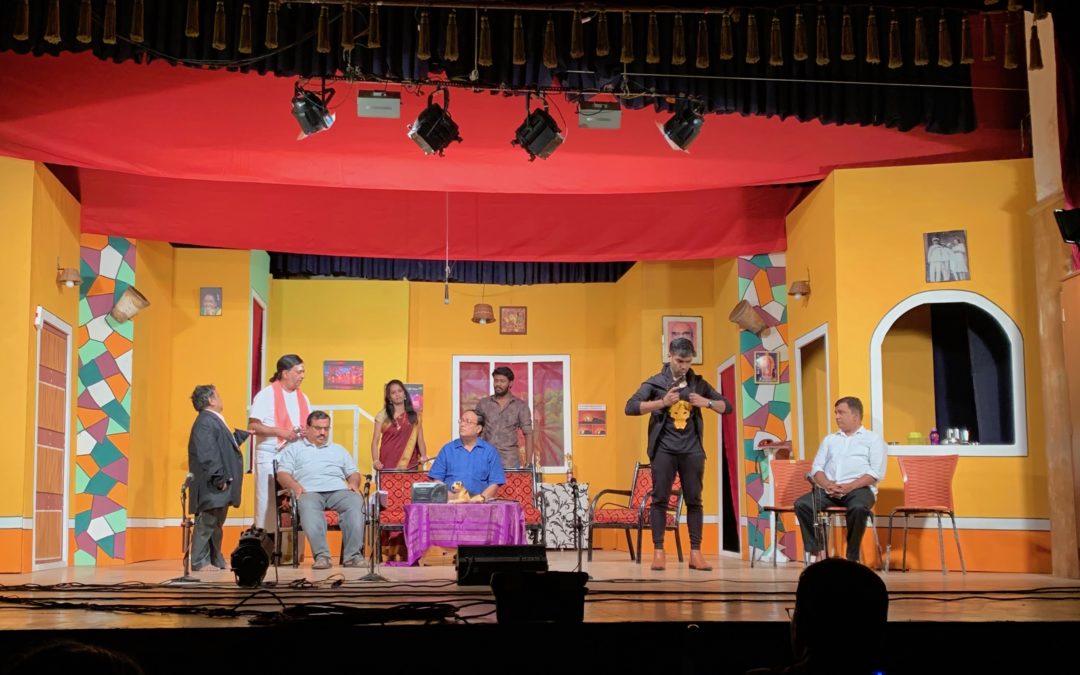
Tracing the Stories of 20th Century Tamil Drama Artists
For my dissertation project, I hope to trace the stories of Tamil drama artists, as they traveled, performed, and lived between 20th century Madras Presidency, Ceylon, and British Malaya. This winter, I went on a research trip to Madurai and Chennai, Tamil Nadu, to understand the infrastructures that supported these artists’ travels, as well as the kinds of performances they held abroad.
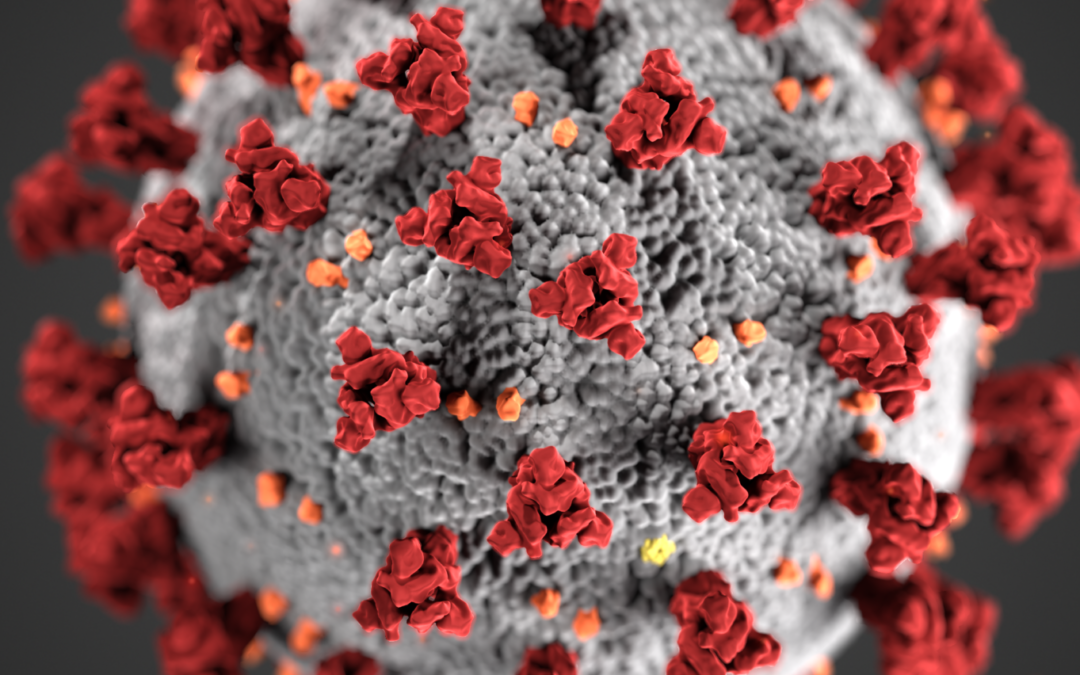
Coronavirus (COVID-19) Information for the Mittal Institute Community
Due to recent developments relating to COVID-19, Harvard University has strongly discouraged the gathering of 25 people or more for on-campus events through April 30th until further notice in the hope that this social distancing measure will limit the opportunity for illness to spread. Unfortunately, the Mittal Institute will need to cancel its events for March and April until instructed otherwise by University Administration. Our top priority remains the health, safety, and wellbeing of our community.

The Crossroads Virtual Program Curates Courses for a Global Classroom
The Crossroads Emerging Leaders Program began in 2017, a joint effort between the Harvard Business School Club of the GCC, HBS Professors Tarun Khanna and Karim Lakhani, and the Mittal Institute. This year, the Crossroads Emerging Leaders Program received 6,093 total applications from 97 countries spanning the Middle East, Africa, Central Asia, Latin America, South Asia, and US students at Historically Black Colleges and Universities (HBCU).
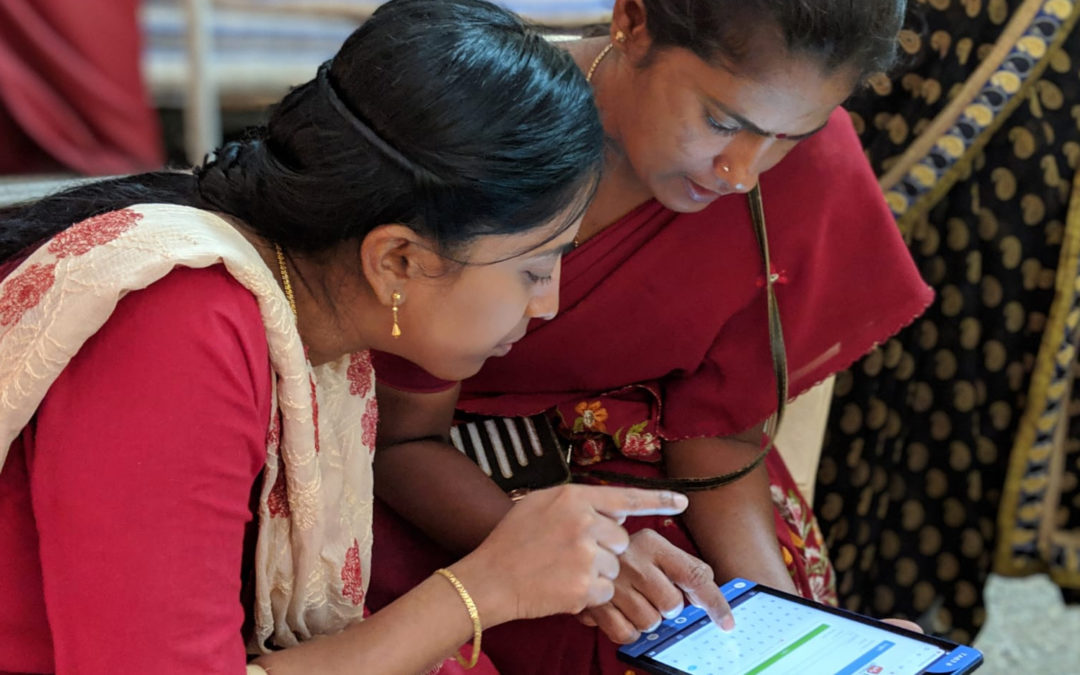
Nivedita Saksena: Digitizing India’s Health Data Exchange
The India Digital Health Network (IDHN) is a research and policy collaborative focused on the development of a patient-centric and provider-friendly health data exchange ecosystem in India. Recently, the IDHN team submitted comments to a Joint Committee of the India Parliament on the 2019 Personal Data Protection Bill, which aims to protect the personal data of individuals throughout India. To learn more, we spoke with Nivedita Saksena about her role as the first IDHN Policy Fellow and the accomplishments, goals, and future of IDHN in India.
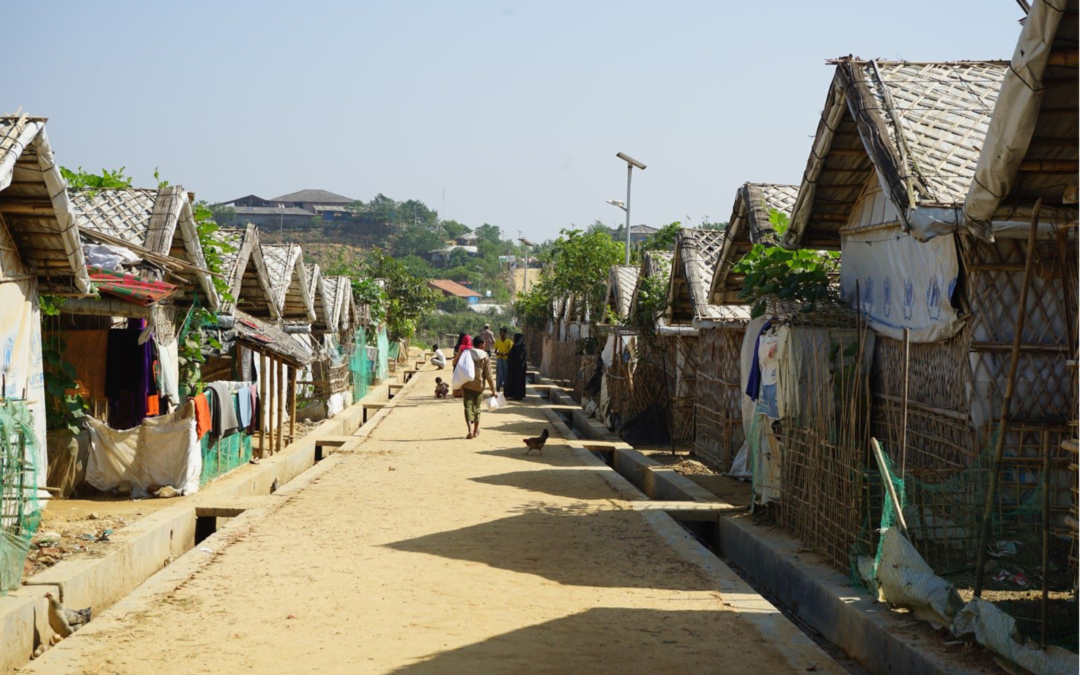
Empowering the Rohingya Refugee Community Through Design
With the support of the Winter Travel Grant, I traveled through Bangladesh for over 30 days during December 2019 and January 2020. I was accompanied by my research partner, John David Wagner, an Irving Innovation Fellow at Harvard’s Graduate School of Design. During our trip, we carried out extensive field research in Bangladesh to inquire if the very nature of the spatial quality of refugee camps contributes to keeping the inhabitants of these urban dwellings marginalized for many generations.
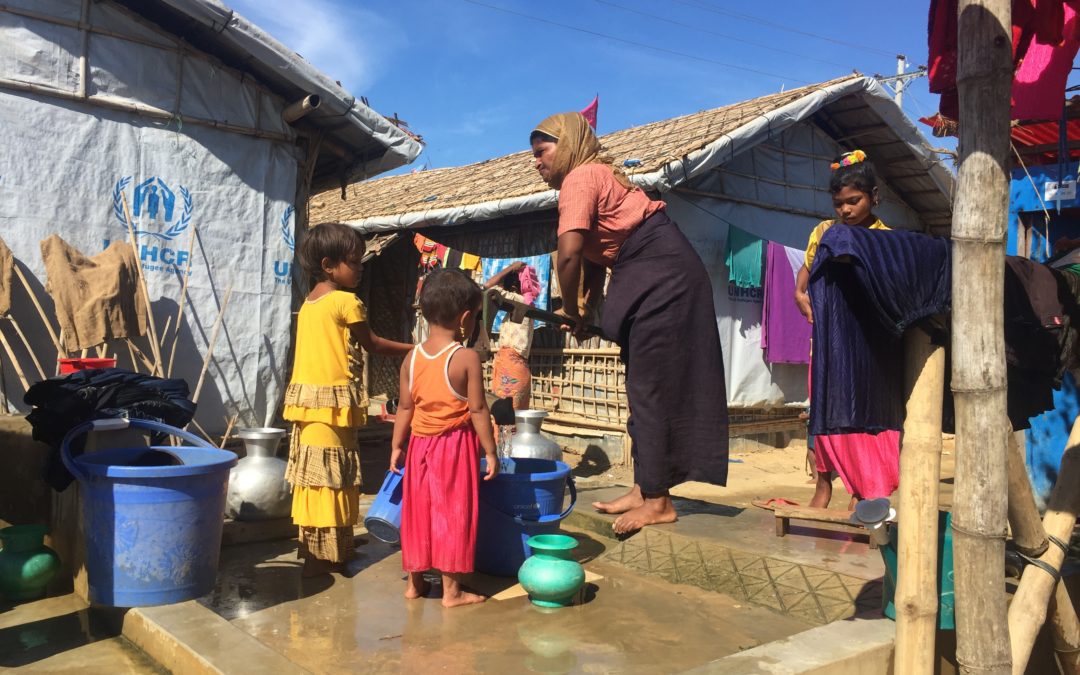
Fatima Zahra: Improving the Wellbeing of Rohingya Refugees in Bangladesh
Fatima Zahra, Research Affiliate at the Mittal Institute and a Postdoctoral Research Fellow at Harvard University, has been working to design and implement socially responsible programs to address the loss of human potential and enhance life outcomes among the most marginalized. Recently, she was in Bangladesh for about three months to work at the Rohingya refugee camps and uncover ways to improve the mental and fiscal wellbeing of the refugees who live there.
Nunc feugiat lectus urna, in rutrum risus tempus eget. Cras at ante ut orci pharetra placerat. Nam pulvinar, lacus nec consequat tincidunt, arcu est gravida libero, eget lacinia velit nisi id tortor. Donec cursus felis at enim faucibus feugiat. Nulla nec lacus at lorem consequat gravida. Vestibulum ante ipsum primis in faucibus orci luctus et ultrices posuere cubilia Curae; Maecenas malesuada dui at dolor cursus eleifend. Sed fringilla, urna pretium sodales tempus, augue tortor volutpat urna, quis pretium justo mauris efficitur leo. Pellentesque fermentum dapibus interdum.
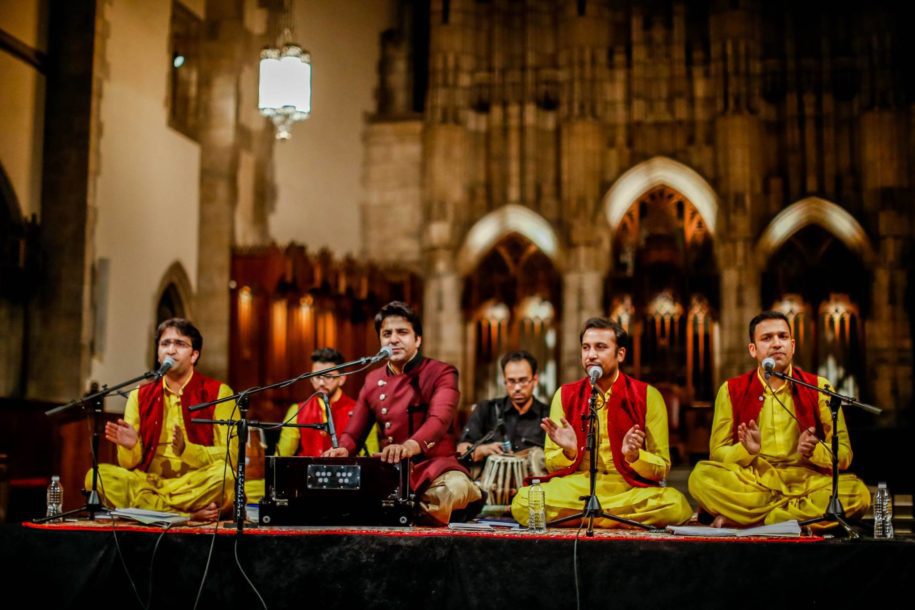
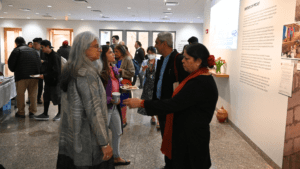
Caption here
Welcome to The Lakshmi Mittal and Family South Asia Institute at Harvard University! We are dedicated to exploring the rich and diverse cultures of South Asia through research, education, and engagement. Our institute brings together scholars, students, and practitioners to foster innovative thinking and collaboration. Discover our wide range of programs, events, and resources that celebrate the vibrant tapestry of South Asian heritage. Join us on this exciting journey of knowledge and discovery!
